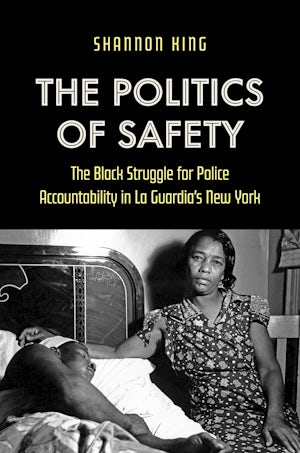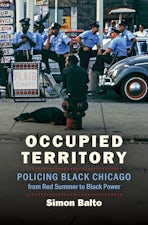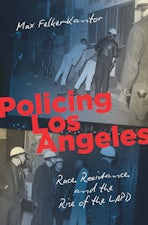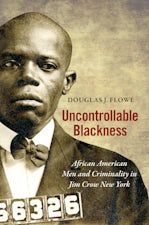The Politics of Safety
The Black Struggle for Police Accountability in La Guardia's New York
By Shannon King
376 pp., 6.125 x 9.25, 16 halftones
-
Paperback ISBN: 978-1-4696-7617-3
Published: January 2024 -
E-book EPUB ISBN: 978-1-4696-7618-0
Published: November 2023 -
Hardcover ISBN: 978-1-4696-7616-6
Published: January 2024
Buy this Book
- Paperback $29.95
- Hardcover $99.00
- E-Book $22.99
For Professors:
Free E-Exam Copies
Shannon King uncovers how Black activism for safety was a struggle against police brutality and crime, highlighting how the police withholding protection operated as a form of police violence and an abridgement of their civil rights. By decentering familiar narratives of riots, King places Black activism against harm at the center of the Black freedom struggle, revealing how Black neighborhoods became occupied territories in La Guardia's New York.
About the Author
Shannon King is associate professor of history at Fairfield University.
For more information about Shannon King, visit
the
Author
Page.
Reviews
"We desperately need the history King shows in this book: one of Black people asserting rights to equal protection under the law and demanding that they not bear the brunt of overpolicing."—Brian Purnell, author of Fighting Jim Crow in the County of Kings: The Congress of Racial Equality in Brooklyn
"The Politics of Safety allows us to understand in significantly greater depth the long-standing nature of debates about safety, harm, and race/ism that continue to swirl in American politics down to the minute of this writing."—Simon Balto, author of Occupied Territory: Policing Chicago from the Red Summer to Black Power




